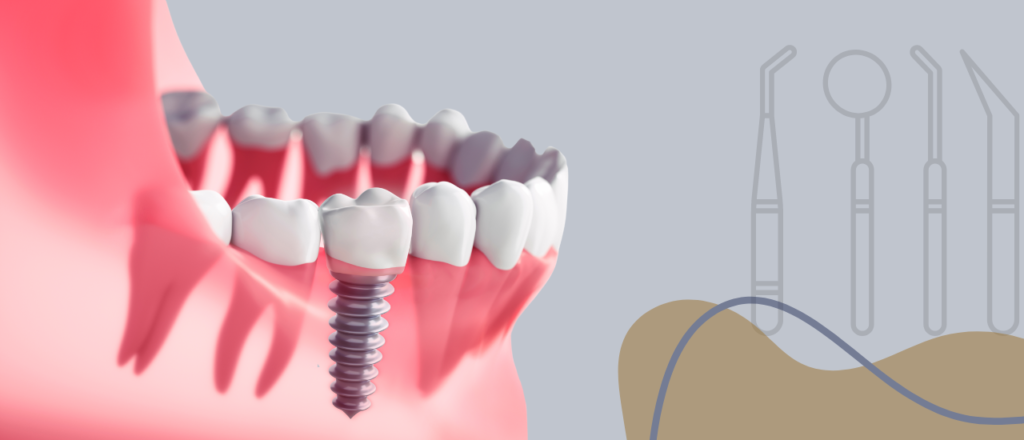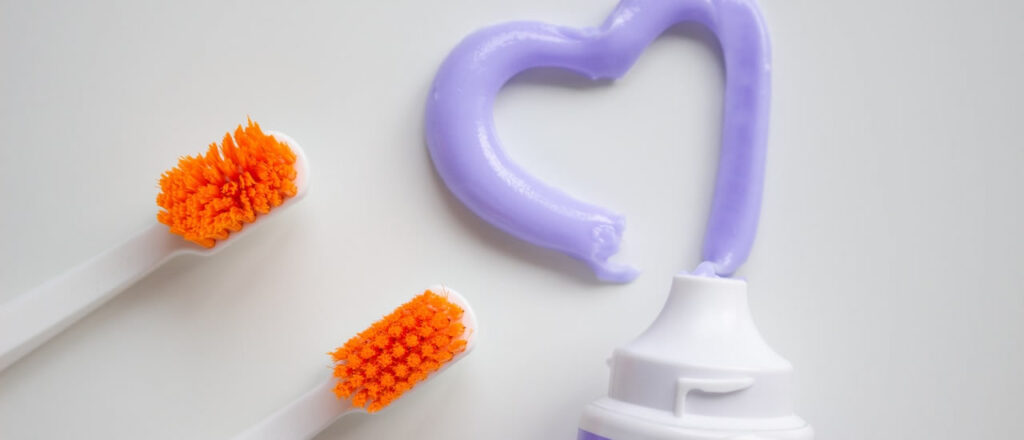Conventional Dental Implants
Conventional dental implants are the most widely used type of implant. They are typically made of titanium and are placed into the jawbone. Once the implant has been placed, a dental crown is then attached to the implant, which acts as a replacement tooth. Conventional implants are suitable for people who have sufficient jawbone density and volume to support the implant. In cases where there is a lack of jawbone, a bone grafting procedure may be necessary to provide a stable foundation for the implant.
Pros:
Durability: Conventional dental implants are made of titanium, which is a strong and durable material.
Versatility: Conventional dental implants can be used to replace one or multiple missing teeth, making them a versatile option for those with various dental needs.
Natural appearance: Conventional dental implants are designed to look and function like natural teeth, providing a more natural appearance than other dental prosthetics.
Cons:
Cost: Conventional dental implants are one of the more expensive options for tooth replacement, making them less accessible for some people.
Surgery: Conventional dental implants require surgery to be placed, which can be uncomfortable and cause some swelling and discomfort.
Healing time: The healing time for conventional dental implants can take several months, during which time the patient may experience some discomfort.
Basal Implants
Basal implants, also known as “immediate load implants,” are a newer type of dental implant that have gained popularity in recent years. Unlike conventional implants, basal implants are placed into the basal bone, which is the dense layer of bone located at the base of the jaw. This type of implant does not require a bone grafting procedure, making it a good option for people with limited jawbone density.
Pros:
Quicker healing time: Basal implants can be loaded immediately after placement, allowing the patient to have a functioning tooth in a shorter amount of time compared to conventional implants.
No bone grafting required: Basal implants can be placed into the basal bone, making them a good option for people with limited jawbone density who may not be eligible for conventional implants.
Cons:
Limited application: Basal implants are best suited for single tooth replacements, and for fully edentulous patients who don’t have adequate bone for an all on four as well. They are ideally recommended for people who need to replace multiple teeth.
Limited durability: Basal implants have a shorter lifespan compared to conventional implants, and may need to be replaced sooner.
In my practise we have done multiple cases of several types of implants. But please do discuss with your doctor about your bone health, periodontal conditions even some habits like smoking do affect the implants.
In conclusion, both conventional and basal implants have their pros and cons, and the best option for you will depend on your individual dental needs and circumstances. If you are considering dental implants, it is important to have a consultation with a dental professional who can evaluate your needs and recommend the best option for you. Whether you choose conventional or basal implants, the goal is to have a healthy and functional smile that you can be proud of.





